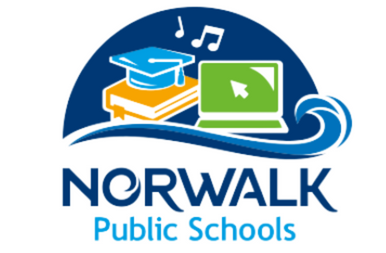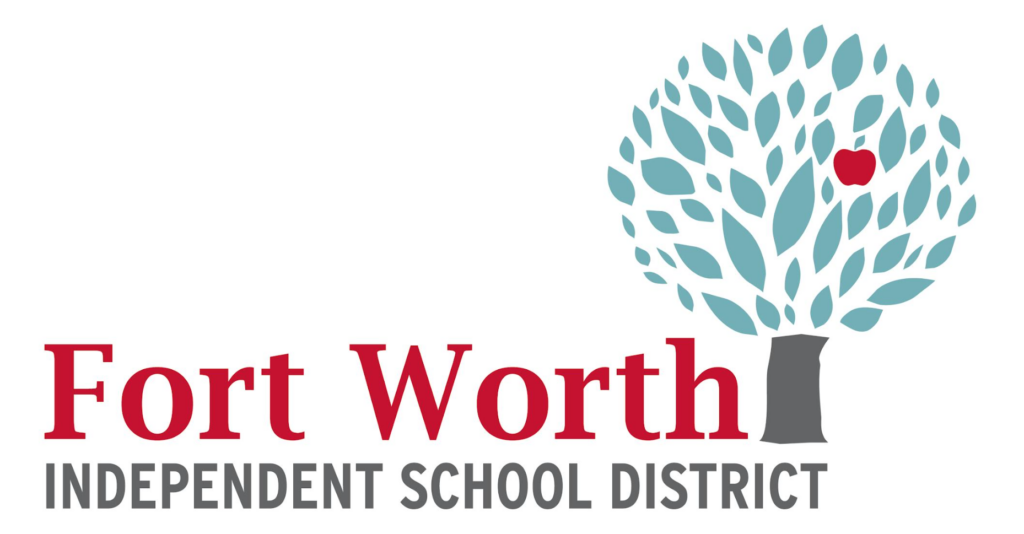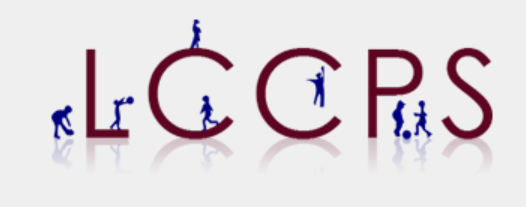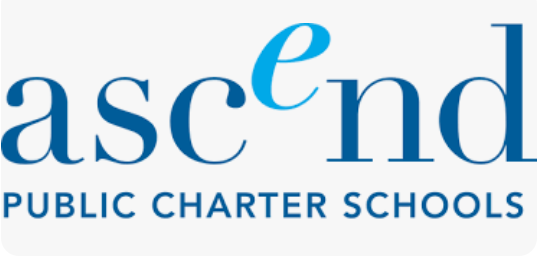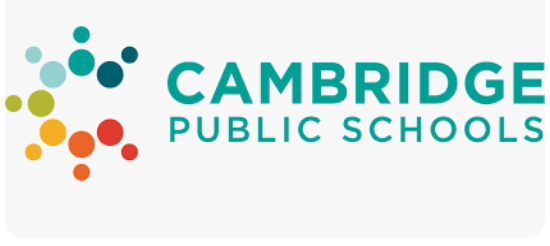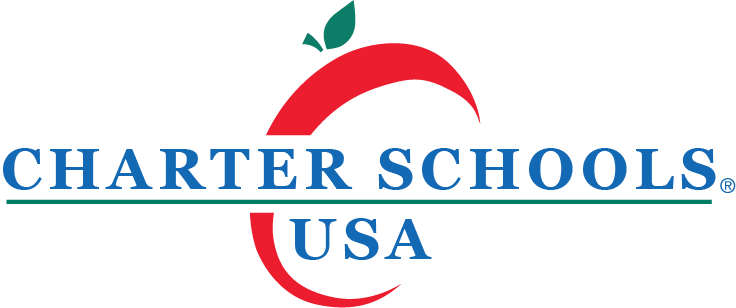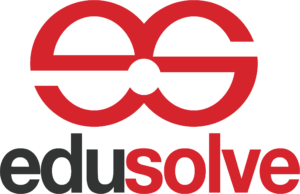Social Emotional Development
Social Emotional Development
Social Emotional Development is a powerful and transformative approach to education that focuses on the development of social and emotional skills. By building these capacities, SEL helps students become more successful in school and beyond by improving their academic performance, increasing resiliency, enhancing interpersonal relationships, fostering strong mental health practices—and ultimately leading to a brighter future for every student.
Social Emotional Learning (SEL) is a way of teaching that helps students understand and manage their feelings, as well as how to interact with others in a positive way. It includes Social Emotional Learning Activities that encourage self-awareness, empathy, and making good choices. SEL teaches students how to handle stress and emotions and work together with others effectively. By learning these important skills, students can better deal with problems and have happier, healthier relationships with others, leading to a more peaceful and caring community.
Social Emotional Learning (SEL) for a Thriving School Community
At Edu Solve, we believe that fostering a vibrant and healthy school environment goes beyond academics. That’s why we champion the integration of Social Emotional Learning (SEL) across the curriculum, creating a space where students can flourish both intellectually and emotionally.
What is Social Emotional Learning (SEL)?
SEL is a comprehensive approach to education that equips students with the skills and knowledge necessary to:
- Understand and manage emotions: This includes self-awareness, recognizing triggers, and developing coping mechanisms for stress and difficult situations.
- Build healthy relationships: Students learn empathy, communication, and conflict resolution skills, enabling them to forge positive connections with others.
- Make responsible decisions: SEL fosters critical thinking skills, allowing students to make informed choices and navigate complex situations with maturity.
- Set and achieve goals: Students develop self-efficacy, motivation, and perseverance, enabling them to set ambitious goals and strive for success.
Why is SEL Important in Schools?
Research shows that implementing Social emotional learning in the classroom & in schools leads to a multitude of benefits, including:
- Improved academic performance: Students with strong SEL skills are better equipped to focus, learn, and retain information, leading to higher academic achievement.
- Reduced behavioral problems: SEL helps students manage their emotions and resolve conflicts constructively, leading to fewer behavioral incidents and a more positive school climate.
- Enhanced mental health: By learning to cope with stress and build positive relationships, students develop stronger mental well-being and resilience.
- Increased graduation rates: By fostering self-confidence, goal-setting skills, and positive relationships, SEL can help students stay engaged in school and on track for graduation.
Character Education: Building the Foundation for SEL
At EduSolve, we believe that character education is an essential component of SEL. By instilling core values like integrity, respect, responsibility, and empathy, we cultivate a foundation for emotional intelligence and healthy social interactions. Our character education programs provide students with opportunities to:
- Reflect on their values and beliefs.
- Develop ethical decision-making skills.
- Contribute meaningfully to their communities.
- Practice leadership and service.
Importance of character education in school curriculum
Character education plays a crucial role in shaping well-rounded individuals and fostering a healthy school community. It goes beyond academics, teaching students essential values and skills that equip them to navigate life’s challenges and contribute positively to society.
Here are some of the key benefits of incorporating character education in school curriculum:
1. Fostering Ethical Decision-Making:
Character education helps children develop a moral compass, enabling them to discern right from wrong and make responsible choices in challenging situations. By understanding and embracing core values like honesty, integrity, and fairness, students learn to act ethically and contribute to a just and equitable world.
2. Building Strong Relationships:
Character education emphasizes critical skills like empathy, respect, and effective communication, which are essential for building positive relationships. Students learn to collaborate effectively, resolve conflicts peacefully, and show compassion towards others, creating a more inclusive and welcoming school environment.
3. Encouraging Self-Awareness and Emotional Intelligence:
Character education programs help students understand their emotions and develop healthy coping mechanisms. Through self-reflection and social-emotional learning strategies, students gain control over their emotions, leading to increased resilience and improved mental well-being.
4. Promoting Civic Responsibility and Leadership:
Character education instills a sense of responsibility and community involvement. Students learn the importance of civic participation, active citizenship, and taking responsibility for their actions. This fosters a culture of service and leadership, empowering students to become positive changemakers in their communities.
5. Creating a Positive School Climate:
When students uphold positive values and demonstrate strong character traits, the overall school climate improves. This leads to reduced bullying, greater respect for authority figures, and a stronger sense of community belonging.
6. Enhancing Academic Performance:
Research indicates that students with strong character traits are more engaged in learning and achieve higher academic success. They demonstrate greater perseverance, develop stronger self-regulation skills, and display a positive attitude towards learning.
7. Building a Foundation for Future Success:
Character education equips students with the essential life skills necessary to navigate the complexities of adulthood. They develop resilience, adaptability, and critical thinking abilities, enabling them to face challenges and overcome obstacles in their lives.
By integrating character education into the school curriculum, we cultivate well-rounded individuals who are not only academically competent but also possess strong moral character, emotional intelligence, and a commitment to serving others. This investment in character development ultimately leads to a more productive, compassionate, and thriving society.
Empowering Schools to Implement Effective SEL Programs
Edu Solve provides comprehensive support for schools looking to integrate SEL into their curriculum. Our services include:
- Needs assessment and program design: We work collaboratively with schools to identify their unique needs and develop tailored SEL programs that fit their specific context and goals.
- Professional development for educators: We offer workshops and training sessions to equip teachers with the knowledge and skills necessary to effectively implement SEL activities in their classrooms.
- Curriculum resources and tools: We provide age-appropriate SEL activities, lesson plans, and other resources to support teachers in their daily instruction.
- Ongoing coaching and support: We offer ongoing coaching and support to ensure that SEL programs are implemented effectively and sustained over time.
Investing in SEL is an Investment in Our Future
By prioritizing social emotional learning in schools, we invest in the well-being of our students and the future of our society. At Edu Solve, we are dedicated to partnering with schools to create nurturing environments where students can develop into confident, resilient, and compassionate individuals who are equipped to thrive in an ever-changing world.
Contact EduSolve today to learn more about our Social Emotional Learning programs and resources.
Social Emotional Learning theory of practice.
Edu Solve has a unique ability to respond to the current state based on an initial scan, discovery, and design method that maximizes existing assets and sets them up for future success. We are committed to a research and evidence-based approach, with an orientation grounded in high quality practice. Owing to this theory to practice commitments that serve as the foundation for – and drive our commitment to – the work, we provide all instructional and support staff along with parents in native languages, informed by the demographics of all Districts and schools.

Social Emotional Learning (SEL)
Social and Emotional Learning (SEL) has emerged as an important student-centered framework in the field of education that, through research, has shown to have several positive effects on student success (Durlak, Dymnicki, Taylor, Weissberg, & Schellinger, 2011). SEL is a strengths-based approach to building the competency and skills to navigate and achieve success.

Student SEL
Based on unified frameworks, grounded in research, we impart ten specific SEL instructional practices teachers can use in the classroom that show promise to improve student SEL competence and skills. The ten instructional practices include: Student-centered discipline, teacher language, responsibility and choice, warmth and support, cooperative learning, classroom discussions, self- assessment and self-reflection, balanced instruction, academic press and expectations, and competence building. When combined with Adult SEL and foundational support, student SEL commensurately soars.

Adult SEL
SEL is a lifelong approach to self-care, civic life, and fulfillment. Adults can model these skills and children and provide opportunities to practice using them in diverse situations where “safe, caring learning environments” are established organization-wide. This concept acknowledges that: (1) Teaching and learning is an emotional practice; (2) Teaching and learning involve emotional understanding; (3) Teaching is a form of emotional investment, and; (4) Teachers’ emotions are inseparable from their moral purpose and their ability to achieve those purposes.

SEL & Equity
SEL can serve as a lever to support schools and classrooms in promoting equity and inclusion of all students that make up the community. Transformative SEL is a process where students and adults in schools build strong and respectful relationships and learn to appreciate and celebrate different perspectives. Additionally, it is imperative that we as facilitators of learning affirm all students sense of belonging, agency, and identity. Rob Jagers

Courageous Thinking
A systemic SEL effort is a recognition that what you are currently doing is not achieving SEL growth goals and not serving the needs across all of your community. It can be uncomfortable to elevate marginalized voices as they may expose systems of exclusion and racism, and the neglect / distrust that many community members have felt in the past or present. While it is tough, it is necessary to use this as fuel to drive ideation, imagination, and an authentically responsive approach. Brene Brown

Why EduSolve?
Educational leaders need support, now more than ever. 1 in every 3 Superintendents is retiring or leaving the field over the next 24 months (AASA). School systems have temporary federal investments that are time sensitive.
The global pandemic, social changes, and advancements in the science of learning all point toward significant change to be responsive to today’s learner and creating the conditions so they can live, learn, and earn.
When we are innovators, we optimize all of our resources and build solutions that last. In doing so, we build the next generation of leaders.
What our clients are saying

